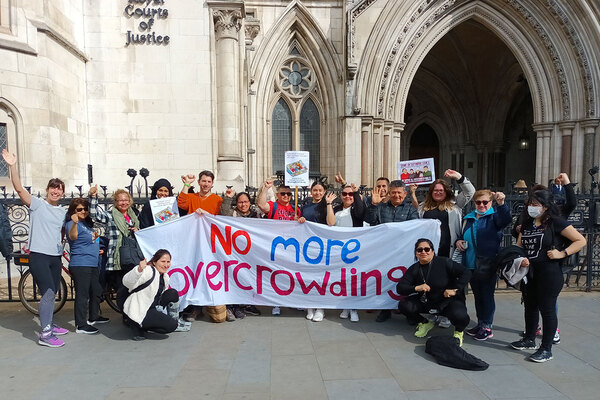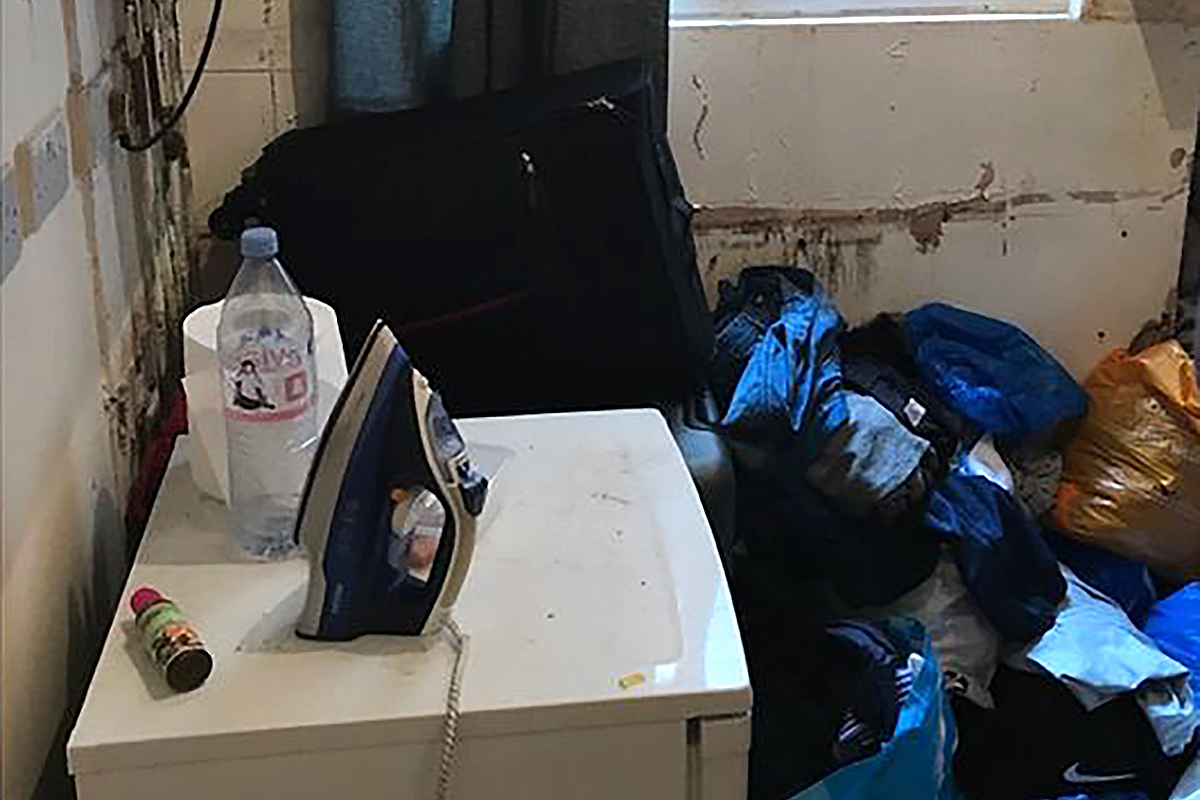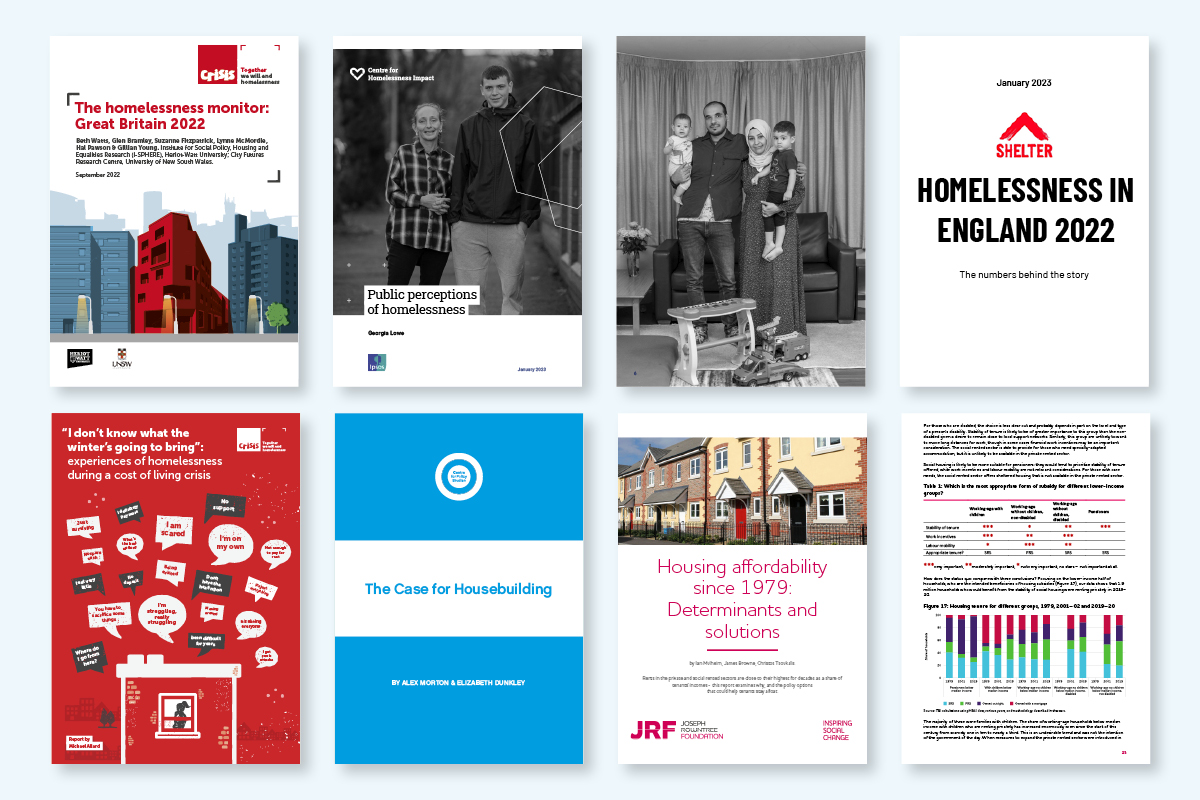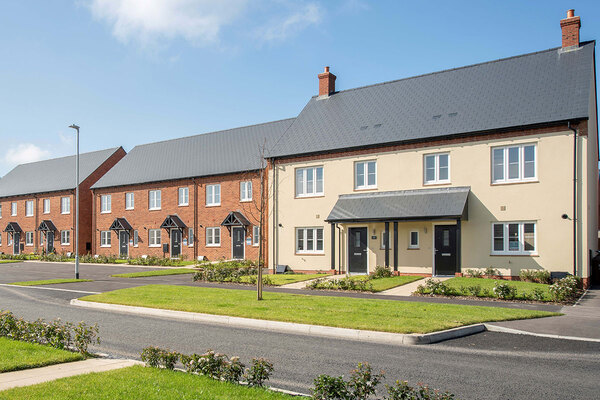Over 310,000 children forced to share bed with parents or siblings, NHF research reveals
More than 310,000 children in England are forced to share a bed with parents or siblings due to severe overcrowding, according to a new report.
The research by the National Housing Federation (NHF) revealed that two million children from 746,000 households – or one in every six children – are living in overcrowded homes with no personal space because their family cannot access a suitable and affordable home.
The research also found that households from ethnic minority backgrounds are three times more likely to be affected by overcrowding than white households.
Families reported significant negative impacts on their lives due to overcrowding – including poor mental and physical health, adults sleeping in kitchens or hallways, and children being unable to do their homework because of lack of space.
Households are considered to be overcrowded if more than two children under the age of 10 are sharing a room, two teenagers of different genders are sharing a room, or two people aged 16 or over, who are not in a relationship, are sharing a room.
Households in social housing make up nearly half of all overcrowded families, a third live in private rented accommodation, and the remaining own their home.
More than 200 overcrowded families were surveyed for the study, with the percentages of responses then applied to data from the English Housing Survey to get estimates of the overall picture.
The research, which included a poll of overcrowded families, found that in 41% of overcrowded homes, children or teenagers are sharing a bedroom with their parents.
This could affect more than 300,000 families and half a million children, including 142,000 teenagers.
It found that a quarter of parents in overcrowded homes are regularly forced to sleep in a living room, bathroom, hallway or kitchen because of the lack of space. This could affect 180,000 families.
Parents in 53% of overcrowded homes worry that their children are too embarrassed to bring friends home.
In almost half of overcrowded homes, children struggle to do their homework because of the lack of space, potentially affecting 900,000 children.
Over two-thirds of overcrowded families said they have experienced poor mental and physical health as a direct result of overcrowding.
The NHF, which said the leading cause of overcrowding in England is a chronic shortage of social housing, is calling for a long-term, national plan for meeting housing need.
Kate Henderson, chief executive of the NHF, said: “Our homes are meant to be places of comfort, safety and security. For children growing up in overcrowded homes they instead become chaotic and stressful environments with little personal space or privacy.
“This can have a devastating impact on a child’s self-esteem, well-being and future life chances, as well as affecting family relationships and making it harder for parents to nurture their child’s growth.”
She said overcrowding is a “direct result of our broken housing system”, caused by “underfunding by successive governments and a failure to prioritise building new homes” for people on low incomes.
“As a country, we are failing these families and these children and this must stop. We need an urgent, long-term, national plan aimed at drastically increasing the number of affordable and social homes across England,” Ms Henderson said.
A Department for Levelling Up, Housing and Communities spokesperson said: “It’s unacceptable for anyone to be living in an overcrowded home and councils should prioritise finding people living in these conditions somewhere fit for purpose.
“To ease pressures, we are increasing the supply of affordable housing. Our £11.5bn Affordable Homes Programme will deliver thousands of affordable homes for both rent and to buy right across the country.”
Sign up for our daily newsletter
Already have an account? Click here to manage your newsletters












